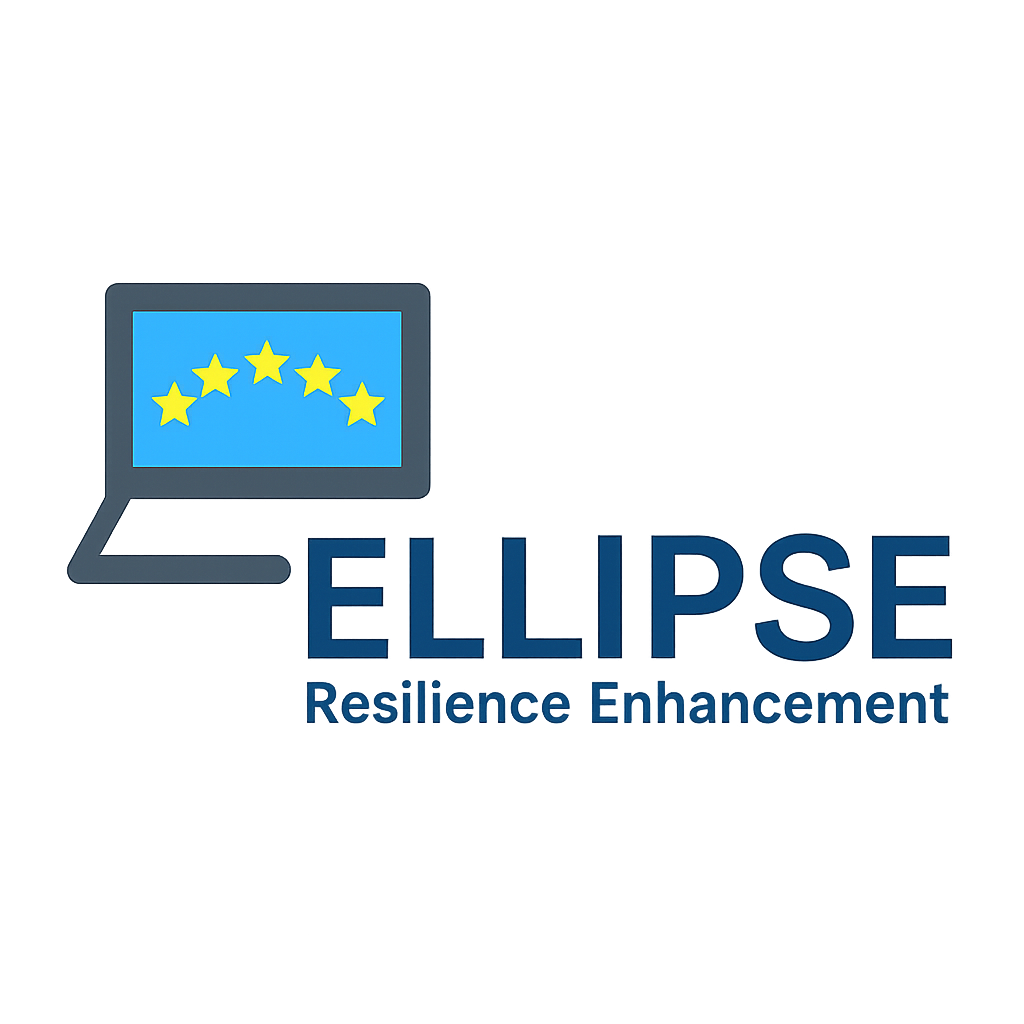ERE is set to feature at the European Congress of Psychiatry, a cornerstone of the European biomedical calendar and a premier venue for scientific exchange. Our ERE presentation was accepted to be presented on the 34th European Congress of Psychiatry, which will be held at Prague Czech Rep. (March 2026).
Event: 34th European Congress of Psychiatry (EPA). The EPA Congress stands as Europe’s premier psychiatric event by uniting over 80,000 professionals through a unique blend of cutting-edge global research, practical clinical solutions, and a multidisciplinary approach that shapes the future of mental health care.
Link to recording & info: https://epa-congress.org/
Invited talk: ELLIPSE Resilience Enhancement (ERE): A Multidisciplinary Approach of Suicide Prevention Training for Higher Education Students
Presenter: Alejandro de la Torre-Luque
WP leader and the PI from the Spanish research team (Complutense University of Madrid)
What will be presented: We will present an overview of the ERE project, with a particular focus on its mission, activities and goals. The ERE project is an initiative that attendees will likely find highly valuable for its capacity-building focus, particularly for students and staff across the Biomedical and Social Sciences. We seek to foster the necessity of introducing best educational practices in suicide prevention literacy and skills across the clinical and university departments overseen by the conference participants.
Who is expected to participate in the event: Several members of the ERE consortium will be attending and presenting some studies on suicide prevention and capacity building.
Where to learn more about the conference & our presentation:
The project and this presentation are in line with the following priorities:
Digital Transformation
The project is centered around the creation of a scalable and innovative curriculum with online tools (e.g., development of an online e-learning platform)
Inclusion and Diversity
It involves a diverse consortium of academic institutions and organizations from six different European countries, including Ukrainian counterparts.
Common Values and Civic Engagement
The project fosters social responsibility and the promotion of health as a fundamental value, by advocating for the integration of suicide prevention (a key public health concern) into university curricula and national policies.

